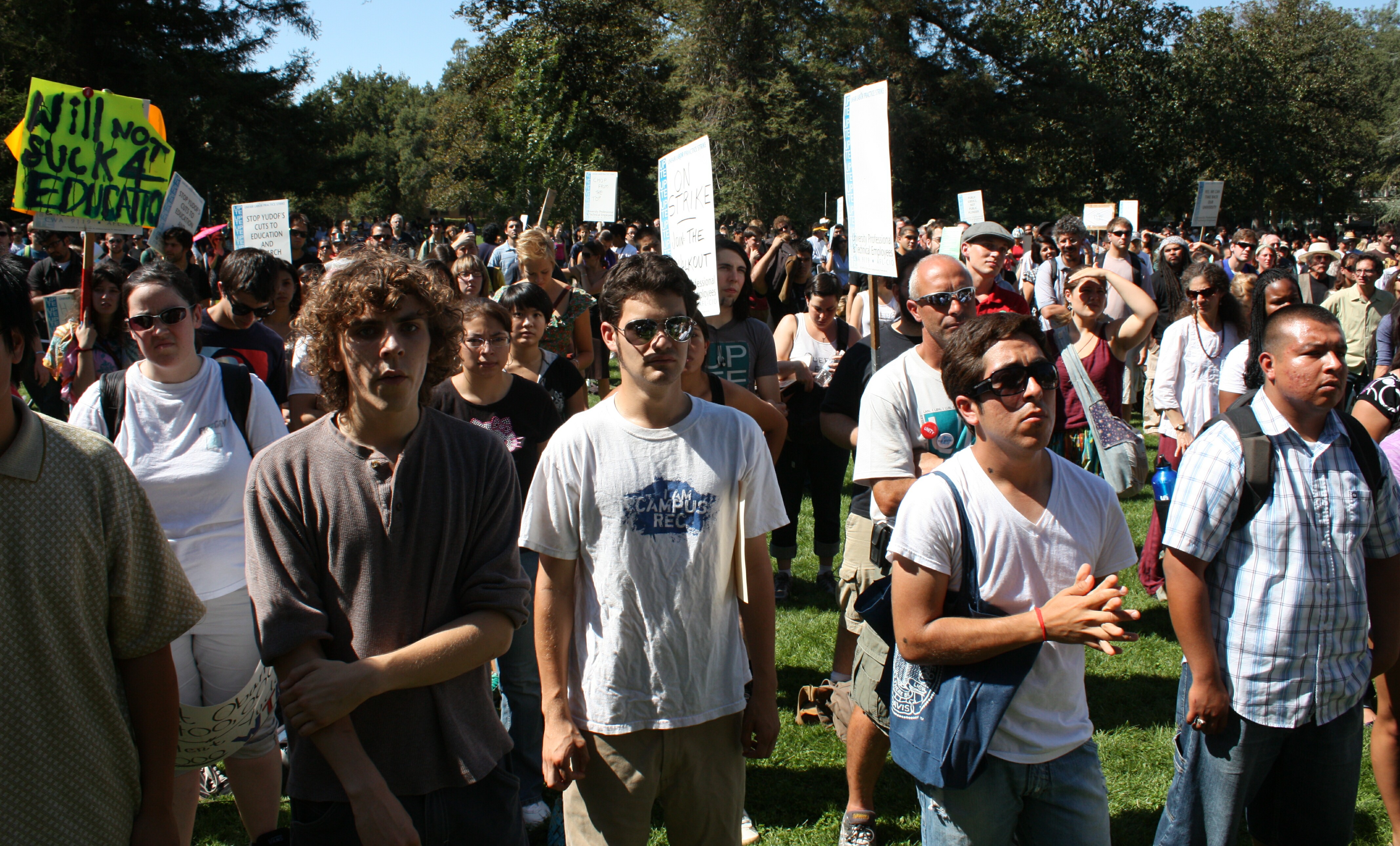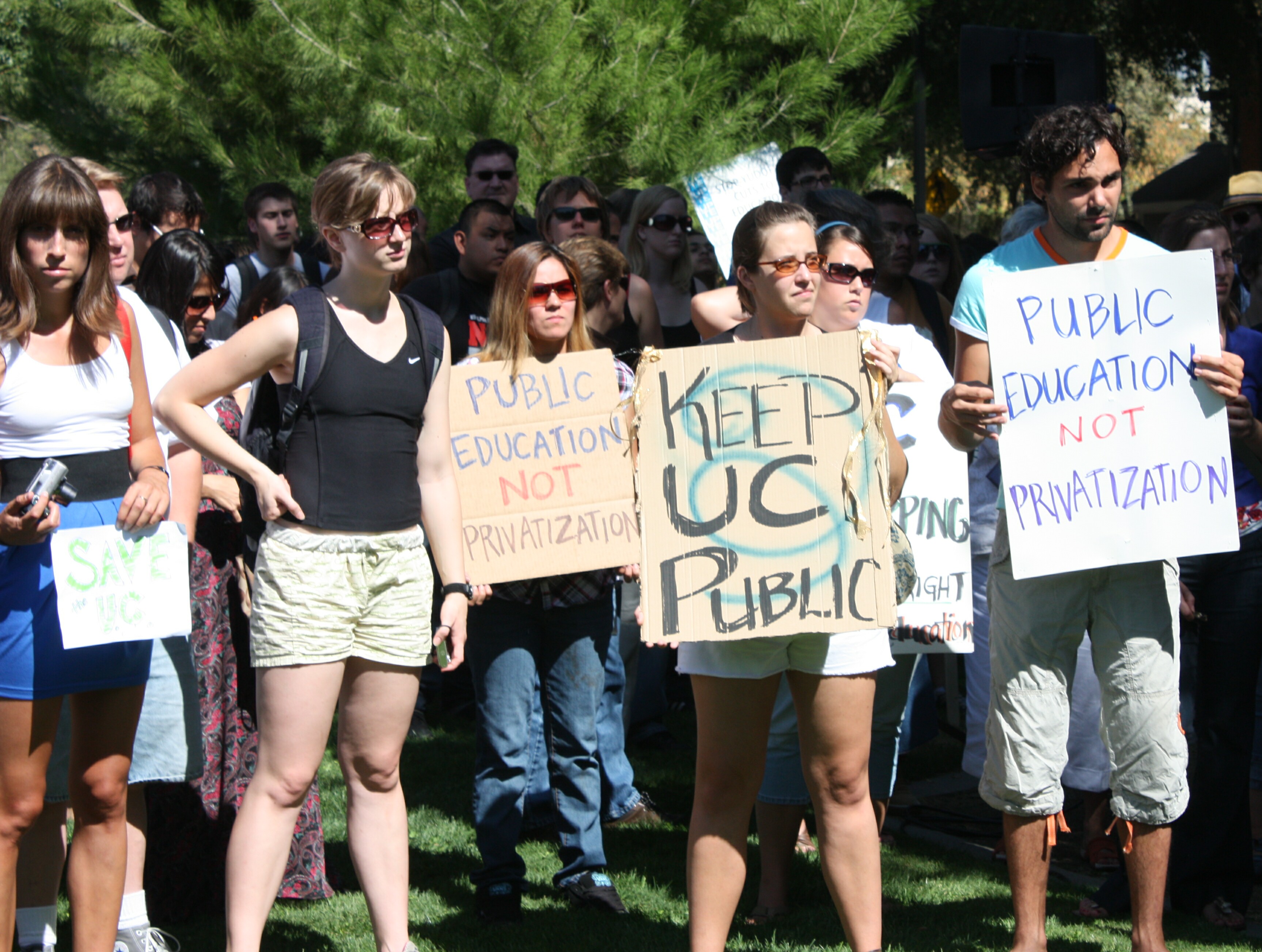Court Backs Governor on Minimum Wage but Does Not Order Chiang to Pay It
 The 3rd District Court of Appeals on Friday upheld a nearly year-and-a-half old ruling that would allow the Governor to order state workers’ pay reduced to minimum wage until a new budget can be signed into law. The timing cannot be mere coincidence, only a day after the governor ordered the Controller to pay all state workers 7.25 in wages until a budget is passed.
The 3rd District Court of Appeals on Friday upheld a nearly year-and-a-half old ruling that would allow the Governor to order state workers’ pay reduced to minimum wage until a new budget can be signed into law. The timing cannot be mere coincidence, only a day after the governor ordered the Controller to pay all state workers 7.25 in wages until a budget is passed.
However, this fight is far from over. On Friday, Controller John Chiang argued that while he lost the appeal he still has legal room to maneuver.



